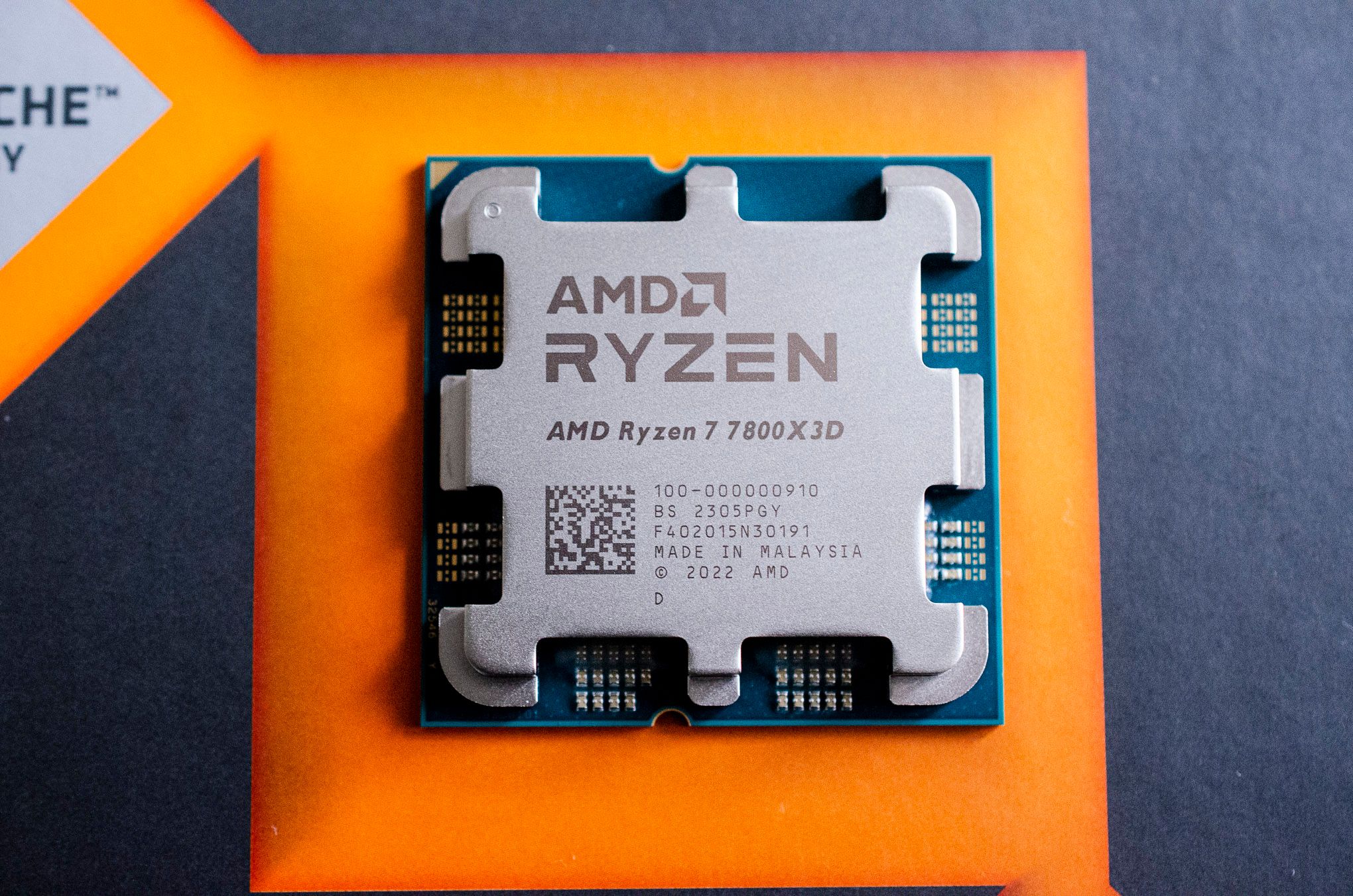Walmart just threw down the gauntlet against Amazon's October Prime Day with its own 'Walmart Deals' event running through October 12th. The big surprise? Walmart is beating most retailers on AMD's coveted Ryzen 7 7800X3D gaming processor at just $338 - nearly $82 below the typical $420 price point. No membership required.
Walmart is making a bold play for your holiday shopping dollars, launching its 'Walmart Deals' event to directly counter Amazon's October Prime Day. The timing isn't coincidental - it's a calculated strike at Amazon's dominance during one of the year's biggest shopping events. What caught our attention wasn't just the competitive pricing, but some genuinely surprising deals that even seasoned bargain hunters wouldn't expect from the retail giant. The crown jewel? AMD's Ryzen 7 7800X3D processor for $338, undercutting most competitors by a significant margin. This gaming processor, still considered among the best despite being over a year old, typically sells for around $420 at major retailers. AMD hasn't officially dropped prices, making Walmart's aggressive pricing particularly noteworthy for PC enthusiasts who've been waiting for the right moment to upgrade. The broader strategy here reflects Walmart's growing confidence in taking on Amazon directly. While Amazon requires a Prime membership for its best deals, Walmart's keeping things simple - no membership, no strings attached. The approach is paying off across multiple categories, from big-screen TVs to gaming gear. LG's 55-inch B4 OLED is matching Amazon's aggressive $798 pricing, while Sony's PlayStation 5 Pro bundles are undercutting typical retail by including extra controllers for just $20 more than the standalone console price. The gaming category is where Walmart seems most determined to compete. Beyond the AMD processor deal, they're offering Sony DualSense controllers for around $66 - down from the usual $74.88. Lenovo's Legion 5 gaming laptop with an RTX 5060 graphics card and OLED display is marked down to $949, roughly $300 off its regular price. These aren't token discounts - they're real savings on hardware that rarely sees significant markdowns. The timing coincides with broader retail dynamics shifting toward the holiday season. Walmart's aggressive positioning suggests they're not just competing for individual sales, but trying to establish themselves as a legitimate alternative to Amazon's ecosystem. The no-membership strategy could particularly appeal to shoppers who've grown tired of subscription fees or simply prefer straightforward pricing. What makes this interesting from an industry perspective is how it signals Walmart's tech retail ambitions. The company has been quietly building its online presence and logistics capabilities, and events like this demonstrate their willingness to use pricing as a competitive weapon. The AMD processor deal in particular suggests they're willing to accept thin margins on high-demand items to drive traffic and establish credibility with enthusiast customers. Consumer response appears positive, with social media buzzing about the unexpected finds. The AMD deal especially has PC building communities taking notice, as that processor has been on many wish lists but rarely sees meaningful discounts. Whether Walmart can sustain this level of competitive pricing remains to be seen, but for now, they're clearly committed to making Amazon work harder for those Prime Day conversions.
